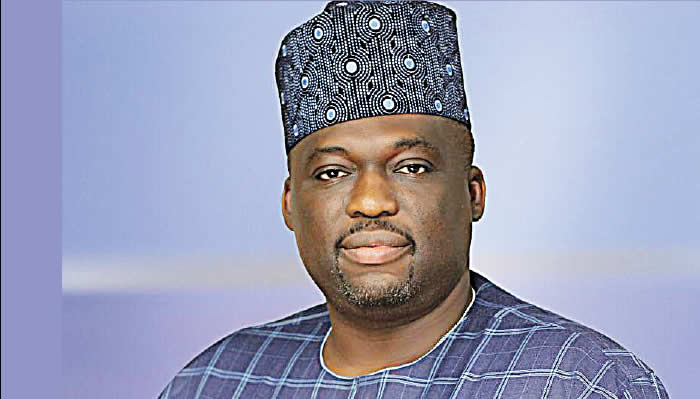The Nigerian manufacturing sector, after weathering a tumultuous storm of economic uncertainty and crippling unsold inventory, is showing promising signs of recovery and renewed optimism. The period spanning 2023-2024 proved particularly challenging, marked by significant exchange rate losses that pushed numerous manufacturers into financial distress. The confluence of soaring costs, scarce foreign exchange, and decaying infrastructure crippled productivity, leading to an alarming accumulation of unsold goods, estimated at a staggering N350 billion in Ogun State alone. This period forced many manufacturers to absorb substantial losses, with some unfortunately succumbing to the pressures and closing their operations, a devastating blow to the nation’s economy and its workforce. However, those who persevered through this difficult period have emerged, albeit wounded, but with a renewed sense of resilience and a cautiously optimistic outlook for the future.
The resilience of the manufacturing sector stems from its inherent structure and the dedication of its workforce. Unlike trading businesses that can readily liquidate assets and downsize operations during economic downturns, manufacturers are bound by significant investments in machinery, infrastructure, and skilled labor. These long-term commitments, while burdensome during challenging times, also serve as a powerful motivator to persevere and adapt. Manufacturers are deeply invested in their operations, both financially and emotionally, and are therefore more inclined to weather the storm and strive for recovery rather than abandon their enterprises. This commitment to their workforce, honed through years of training and development, further underscores their resilience. They recognize the value of their human capital and the devastating impact that layoffs would have on their employees and the wider community.
The mid-first quarter of 2025 has brought a palpable shift in the manufacturing landscape. The market has stabilized, enabling manufacturers to reduce their stockpiles of unsold goods and begin to rebuild their financial footing. This newfound stability is fostering a sense of optimism, encouraging long-term planning and investment in the sector. New factories are opening their doors, while existing businesses are regaining their equilibrium, a testament to the enduring spirit of Nigerian manufacturers. This positive momentum signifies a turning point in the sector’s fortunes, suggesting a gradual return to profitability and growth.
A key driver of this recovery is the improved accessibility and transparency in the foreign exchange market. While the exchange rate remains high, the crucial difference lies in its predictability and accessibility. Previously, even at a lower official rate, foreign exchange was often inaccessible, hindering manufacturers’ ability to import essential raw materials and equipment. The introduction of the Electronic Foreign Exchange Matching System (eFX) in December 2024 has brought much-needed transparency to the market, reducing speculation and enabling manufacturers to access foreign exchange at a predictable rate. This improved access and predictability allows for better cost forecasting and pricing strategies, crucial elements for sustained business operations and growth.
The ability to accurately predict costs within a reasonable margin has empowered manufacturers to make informed decisions, optimize their operations, and regain control over their businesses. This newfound stability is a stark contrast to the uncertainty that plagued the sector in the preceding years, allowing businesses to operate with greater confidence and plan for the future. The improved forex market, coupled with the inherent resilience of manufacturers, has created a more conducive environment for growth and investment, paving the way for the establishment of new factories and the expansion of existing operations. This positive trend signals a potential resurgence of the manufacturing sector and its contribution to the Nigerian economy.
Despite the positive strides made, the journey to full recovery requires sustained effort and supportive policies. The Central Bank of Nigeria (CBN) plays a critical role in maintaining stability in the forex market and ensuring a continued decline in interest rates. These measures are crucial for solidifying the gains already achieved and fostering an environment that encourages long-term investment and expansion in the manufacturing sector. Sustained stability will empower manufacturers to make strategic decisions, expand their operations, create more job opportunities, and contribute significantly to the overall economic growth of the nation. The current positive trajectory, while encouraging, necessitates ongoing support and proactive measures to ensure that the manufacturing sector can fully recover and realize its potential as a driver of economic prosperity.


